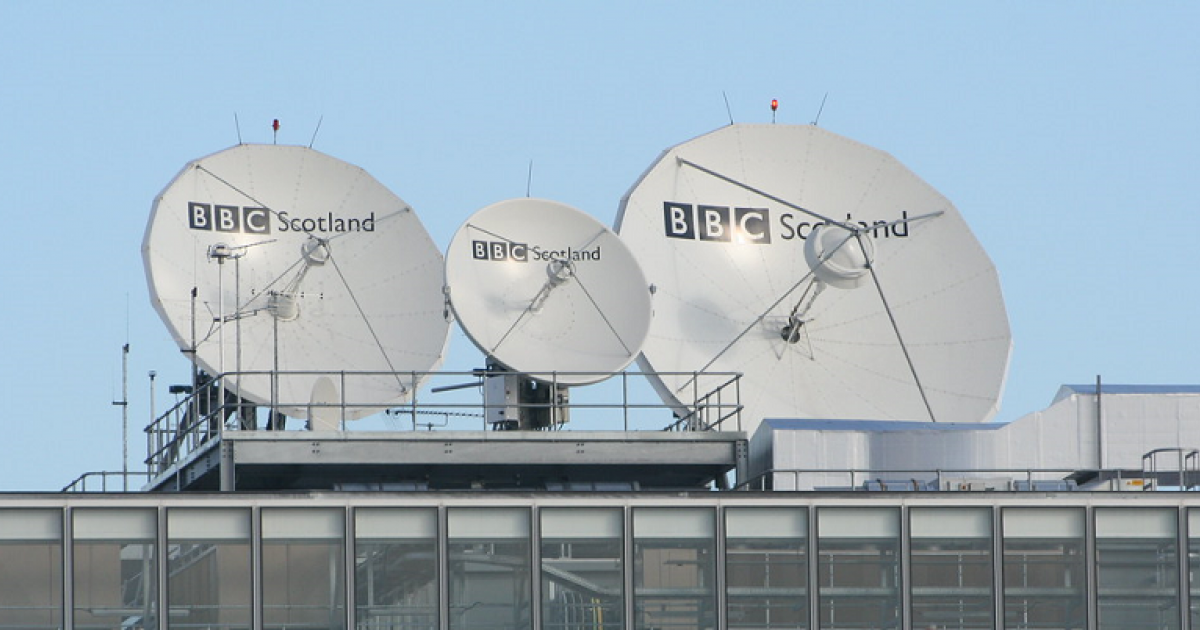The BBC & Dark Money ‘Think Tanks’ – Green Pressure Pays Off

For some time now I have been campaigning on the issue of so-called 'think tanks’ whose spokespeople regularly appear on the BBC to promote hard-right & libertarian policies including NHS privatisation and the repeal of workers’ rights, environmental & consumer protections.
The most obvious culprits are the Institute for Economic Affairs, Adam Smith Institute, and Tax Payers Alliance. This group are collectively referred to as the ‘Tufton Street network’ owing to their being based in the same building, 55 Tufton Street. Other residents of No.55 include the climate-science denying Global Warming Foundation and the Vote Leave campaign.
These outfits have semi-official and respectable sounding names. They present themselves as neutral policy experts. And their (very) regular appearances in the media certainly give an impression of legitimacy.
The reality however is that they are secretly funded by the corporate interests who would gain the most from the hard-right policies they promote. In short, the Tufton Street network are a front for shadowy corporate interests - but this not disclosed to the viewing public.
Millions of pounds is given by the fossil fuel, tobacco, and casino industries to groups in this network, like the Institute for Economic Affairs, who are then invited onto leading BBC programmes. While on air they promote disastrous policies which just so happen to match the business interests of their funders.
For example, British American Tobacco are a significant donor to the IEA, who happen to be relentless opponents of public health measures to reduce smoking. Their regular advocacy of NHS privatisation and an American-style healthcare system has lead many to conclude that pharmaceutical and private healthcare corporations are likely funders as well.
Across hundreds of appearances on BBC platforms the funders of these groups are not disclosed. With a few exceptions uncovered by journalists, no-one knows where the money is actually coming from. There’s no requirement for each ‘think-tank’ to publish its donors and they have no intention of doing so. This is the definition of a dark money network. So why, when the BBC don’t know themselves who is behind these groups, are they allowed on our national broadcaster at all?
The impression given to an ordinary viewer is of independent experts whose words should be taken with some weight. The reality is a collection of spokespeople for the corporate interests funding them from the shadows. This is a clear conflict of interest which compromises the BBC and poisons our public discourse.
In November of last year I quizzed BBC executives directly about their platforming of these dodgy think tanks. This was followed by an exchange of letters between myself and senior BBC staff about the action they would take.
In June this year, the BBC Director-General, Tony Hall, finally announced the introduction of new editorial guidance on providing the relevant background on guests, including funding. This is a welcome step towards addressing misinformation on our national broadcaster. Whether it leads to a change in practice, we will have to wait and see. If these groups refuse to reveal their funding, there should simply be no place for them at all.
Corporate interests cannot be allowed to distort our public discourse and manipulate public policy to suit their private interests. They certainly cannot be allowed to do so from the shadows. This is one small step towards taking back control of the public sphere from the radical right.
You can read my exchange of letters with the BBC regarding dark money think thanks below.
Ross Greer to BBC November 2018
BBC to Ross Greer December 2018
Ross Greer to Tony Hall June 2019
Tony Hall to Ross Greer July 2019
Header Photo Credit: Bob the Lomond, Creative Commons
